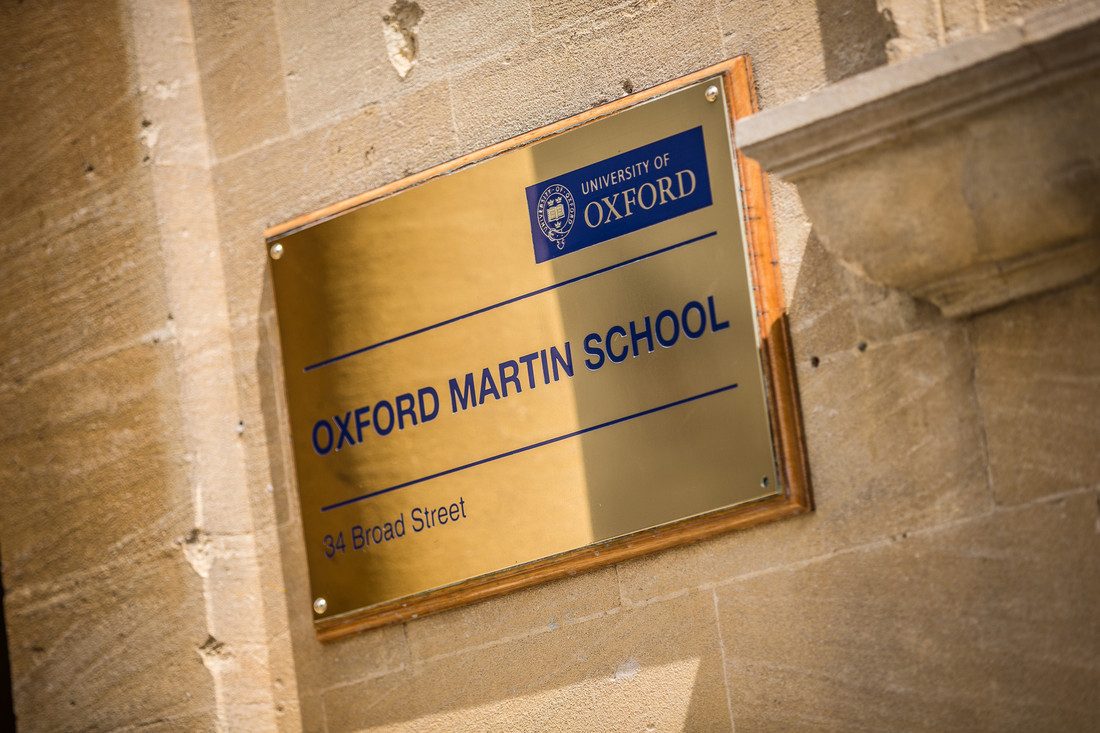Senior researchers from The George Institute for Global Health are being hailed as women leaders.
Today, Professor Rebecca Ivers was announced as one of Australia’s most influential female innovators, in The Australian Financial Review and Westpac 100 Women of Influence Awards in the Innovation category.
Yesterday, Professor Jane Latimer was featured as one of Australia’s 31 most powerful part-timers on the website Women’s Agenda. Professor Latimer says her international reputation and achievements have been made possible by her part-time status at TGI.
“Had my research position been offered on a full-time basis only I would have had to reconsider my choice of career,” Professor Latimer said.
Respiratory Division Director Professor Christine Jenkins is featured in a new book by ABC broadcaster and journalist Geraldine Doogue, titled The Climb – Conversations with Australian Women in Power.
In the book she talks about how she has managed to juggle being a researcher, doctor, mother, wife, friend, sister, daughter, reader, gym-attender, and gardener. In what is a gigantic understatement, she says: “I have a lot of energy and can fit a lot into my day. I can burn the candle at both ends…”
Global TGI executive director Professor Robyn Norton, who co-founded the institute 15 years ago, says she is delighted at the recognition of the work of her female colleagues, for their leadership as women as well as their international reputations as academics.
“We are putting a big emphasis on working out how we can help our female researchers progress to become future leaders.”
“TGI has put in place a gender equity group to work out how best to provide practical solutions at times of career disruption because of family commitments.”
Professor Norton says recent weeks have been significant for achievements by TGI female researchers. Half of the four recent NHMRC research fellowships awarded to TGI researchers went to females.
“I would like to congratulate Professor Anushka Patel and Professor Cathie Sherrington for the funding wins, which will help them with their flagship projects.”
In addition, Professor Patel has become a Fellow and a Member of Council of the Australian Academy of Health and Medical Sciences, and Dr Lizzy Dunford recently received the World Obesity Federation’s New Investigator Award.












